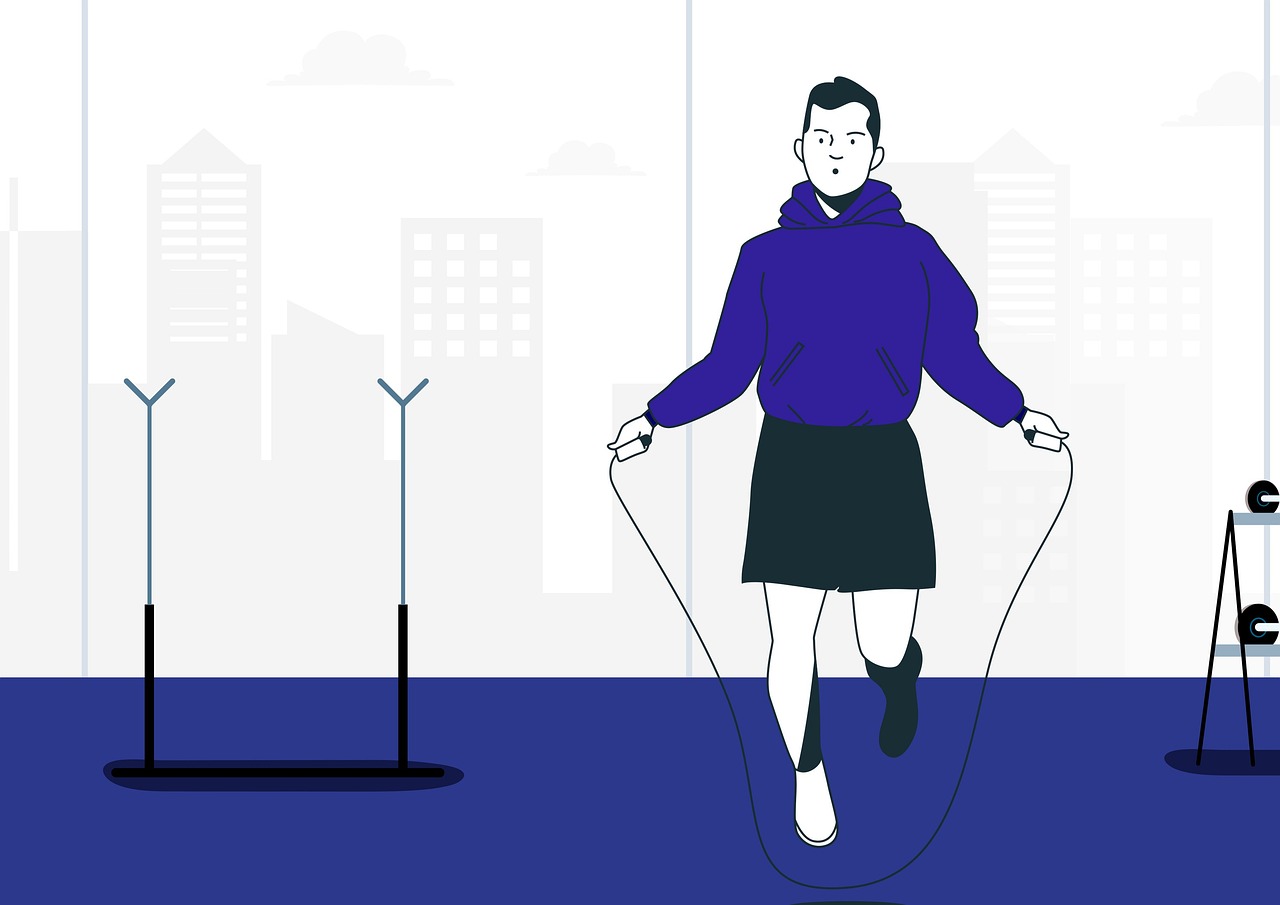
The spaces we inhabit have a profound impact on our physical and mental health. Whether it’s our homes, workplaces, or public spaces, the design and atmosphere of these environments can either support or hinder our well-being. As we navigate the challenges of modern life, it’s more important than ever to create spaces that foster health, happiness, and resilience. In this article, we’ll explore the concept of “supportive spaces” and offer practical tips for building a healthier haven that nourishes your body, mind, and soul. Whether you’re a homeowner, a designer, or simply someone who cares about creating a better world, this article will inspire you to cultivate spaces that promote well-being and vitality.
1. Creating a Sanctuary: The Importance of Supportive Spaces for Health and Wellbeing
Creating a sanctuary is crucial for maintaining good mental and physical health. A supportive space can help you feel safe, calm, and relaxed. It’s a place where you can unwind and recharge your batteries. Here are some ways to create a supportive space:
- Choose a quiet spot: Find a space in your home or workplace where you can retreat when you need a break. It could be a corner of your bedroom, a spare room, or a quiet corner of your office.
- Add some greenery: Plants can help purify the air and create a calming atmosphere. Choose plants that are easy to care for, such as aloe vera or spider plants.
- Set the mood: Use soft lighting, candles, or essential oils to create a relaxing atmosphere. You could also play soothing music or nature sounds.
Having a supportive space can help you manage stress, anxiety, and depression. It’s a place where you can practice self-care and focus on your wellbeing. By creating a sanctuary, you’re investing in your health and happiness.
2. From Chaos to Calm: Tips for Cultivating a Healthier Haven
Creating a healthy and peaceful home environment can seem like an overwhelming task, especially if you’re starting from a place of chaos. However, with a few simple tips, you can transform your space into a haven that promotes relaxation, productivity, and overall well-being.
- Declutter: Start by getting rid of any unnecessary items that are taking up space and causing stress. Donate or sell items that you no longer need or use, and organize the remaining items in a way that makes sense for you.
- Add Plants: Plants not only add natural beauty to your home but also have numerous health benefits. They can improve air quality, reduce stress, and boost mood. Choose low-maintenance plants like snake plants, pothos, or succulents if you’re new to plant care.
- Create a Relaxing Space: Designate a quiet corner in your home for relaxation and self-care. Add comfortable seating, soft lighting, and calming decor like candles or essential oil diffusers. Use this space to meditate, read, or simply unwind after a long day.
Another way to cultivate a healthier home environment is by prioritizing cleanliness and organization. A clutter-free and clean space can promote productivity, reduce stress, and improve overall well-being.
- Establish a Cleaning Routine: Create a cleaning schedule that works for you and stick to it. This can include daily tasks like washing dishes and wiping down surfaces, as well as weekly or monthly tasks like deep cleaning and decluttering.
- Organize Your Space: Invest in storage solutions like shelving, baskets, or drawer organizers to keep your items organized and easy to find. Labeling items can also be helpful in maintaining an organized space.
- Minimize Digital Clutter: In addition to physical clutter, digital clutter can also contribute to stress and overwhelm. Take time to organize your computer files, delete unnecessary emails, and unsubscribe from newsletters or notifications that no longer serve you.
3. The Power of Environment: How Your Surroundings Can Impact Your Mental and Physical Health
Our surroundings have a significant impact on our overall well-being. From the air we breathe to the colors we see, our environment can affect our mental and physical health in various ways. Here are some ways in which our surroundings can impact our well-being:
- Lighting: The lighting in our environment can affect our mood and energy levels. Bright, natural light can boost our mood and productivity, while dim lighting can make us feel tired and lethargic.
- Noise: Noise pollution can cause stress and anxiety, leading to a range of physical and mental health issues. On the other hand, calming sounds like nature sounds or white noise can help us relax and improve our sleep quality.
- Air Quality: Poor air quality can lead to respiratory problems and other health issues. Ensuring proper ventilation and air filtration can help improve our overall health.
By paying attention to our surroundings and making small changes, we can improve our mental and physical health. Simple changes like adding plants to our space or decluttering can have a significant impact on our well-being. We should strive to create an environment that promotes positivity, calmness, and productivity.
In conclusion, creating a healthier haven is not just about the physical environment, but also about the emotional and social support that comes with it. By cultivating supportive spaces, we can enhance our overall well-being and promote a sense of community. Whether it’s through incorporating natural elements, designing spaces for relaxation and reflection, or fostering positive relationships with those around us, building a healthier haven is a journey that requires dedication and intentionality. So let’s take the first step towards creating a space that nourishes our minds, bodies, and souls, and encourages us to live our best lives.
